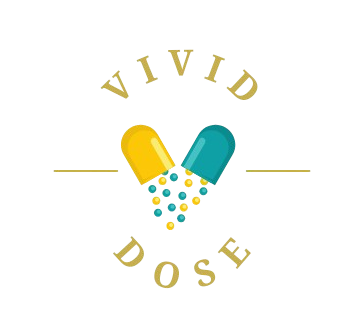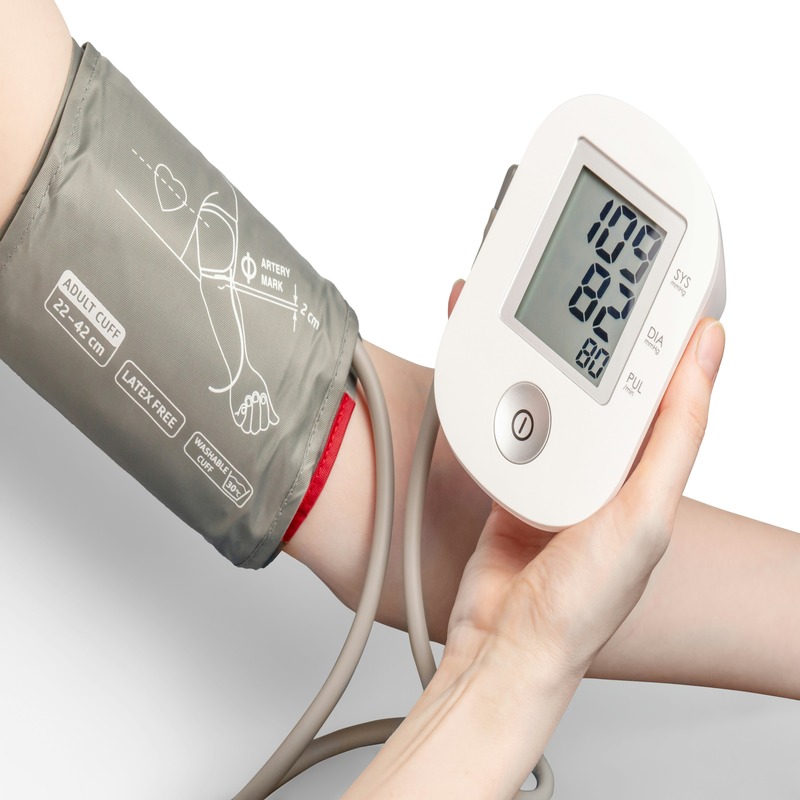High blood pressure, a.k.a. hypertension, is a common health issue that can lead to serious complications like heart disease, stroke, and kidney problems if left unmanaged. The good news is here are 10 ways to lower your blood pressure.
10 Ways To Lower Your Blood Pressure
In case you have a high blood pressure or want to learn about it, here are 10 ways to lower blood pressure
1. Adopt a Heart-Healthy Diet
What you eat plays a major role in managing blood pressure. Focus on a diet rich in fruits, vegetables, whole grains, lean proteins, and healthy fats. The DASH diet (Dietary Approaches to Stop Hypertension) is specifically designed to lower blood pressure and includes:
- Plenty of fresh produce
- Low-fat dairy products
- Limited sodium, sugar, and saturated fats
2. Reduce Sodium Intake
Excess sodium can cause your body to retain fluid, increasing blood pressure. To lower your sodium intake:
- Avoid processed and packaged foods, which are often high in salt.
- Cook at home using fresh ingredients.
- Use herbs, spices, and lemon juice to flavour food instead of salt.
- Aim for less than 2,300 mg of sodium per day (or 1,500 mg if you have high blood pressure).
3. Exercise Regularly
Physical activity is one of the most effective ways to lower blood pressure. Aim for at least 30 minutes of moderate exercise most days of the week. Activities like walking, jogging, cycling, or swimming can help:
- Strengthen your heart
- Improve blood flow
- Reduce stress
Even small amounts of activity, like taking the stairs or stretching, can make a difference.
4. Maintain a Healthy Weight
Carrying excess weight puts extra strain on your heart and blood vessels, increasing blood pressure. Losing even a small amount of weight can have a big impact. To achieve and maintain a healthy weight:
- Combine a balanced diet with regular exercise.
- Monitor portion sizes.
5. Limit Alcohol Consumption
Drinking too much alcohol can raise your blood pressure and reduce the effectiveness of blood pressure medications. If you drink, do so in moderation:
- Men: No more than 2 drinks per day
- Women: No more than 1 drink per day.
6. Quit Smoking
Smoking damages blood vessels and raises blood pressure, increasing your risk of heart disease. Quitting smoking is one of the best things you can do for your health. Seek support from a healthcare professional, join a smoking cessation program, or use nicotine replacement therapies if needed.
7. Manage Stress
Chronic stress can contribute to high blood pressure. Finding healthy ways to manage stress is essential. Try these techniques:
- Practice mindfulness or meditation.
- Engage in hobbies you enjoy.
- Spend time with loved ones.
- Take breaks and prioritize self-care.
8. Increase Potassium Intake
Potassium helps balance sodium levels in your body and relaxes blood vessel walls, which can lower blood pressure. Include potassium-rich foods in your diet, such as:
- Bananas
- Sweet potatoes
- Spinach
- Avocados
- Beans
9. Cut Back on Caffeine
While the effects of caffeine on blood pressure vary from person to person, it can cause a temporary spike in some individuals. If you’re sensitive to caffeine, consider reducing your intake by:
- Switching to decaf coffee or tea.
- Limiting energy drinks and sodas.
- Monitoring how caffeine affects your blood pressure.
10. Monitor Your Blood Pressure Regularly
Keeping track of your blood pressure at home can help you understand how your lifestyle changes are working and alert you to any potential issues. Use a reliable blood pressure monitor and:
- Check your blood pressure at the same time each day.
- Keep a log of your readings to share with your doctor.
- Follow your healthcare provider’s recommendations for target levels.
Final Word From Vividdose
Lowering your blood pressure doesn’t have to be complicated.
Remember, it’s always a good idea to consult your healthcare provider before making major changes, especially if you’re on medication or have other health conditions. Take control of your health today—your heart will thank you!
Do you check your blood pressure regularly?

